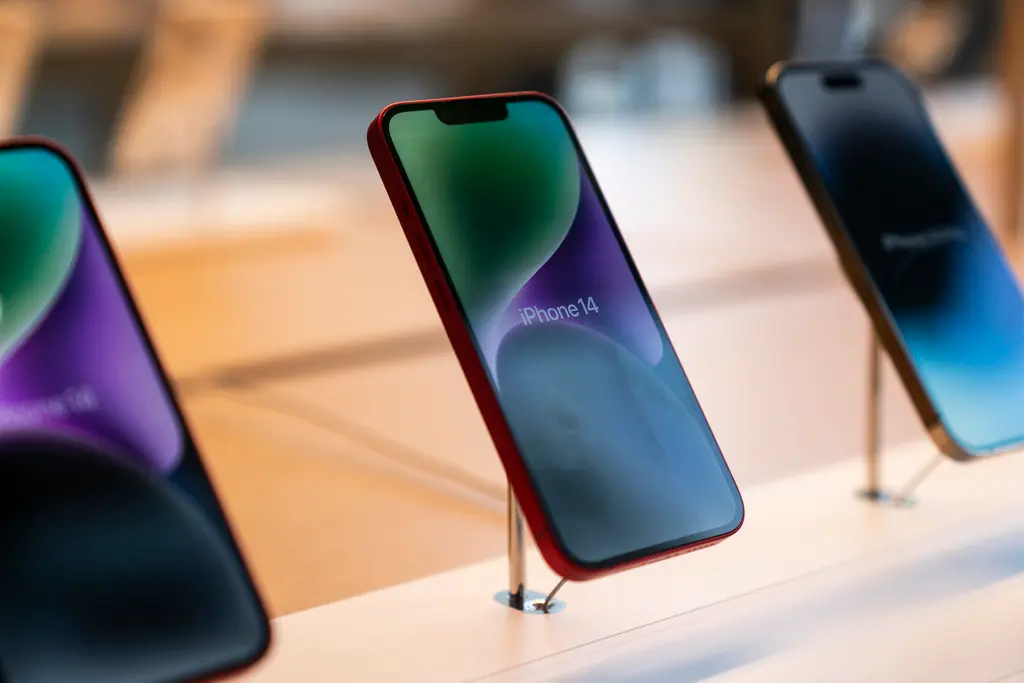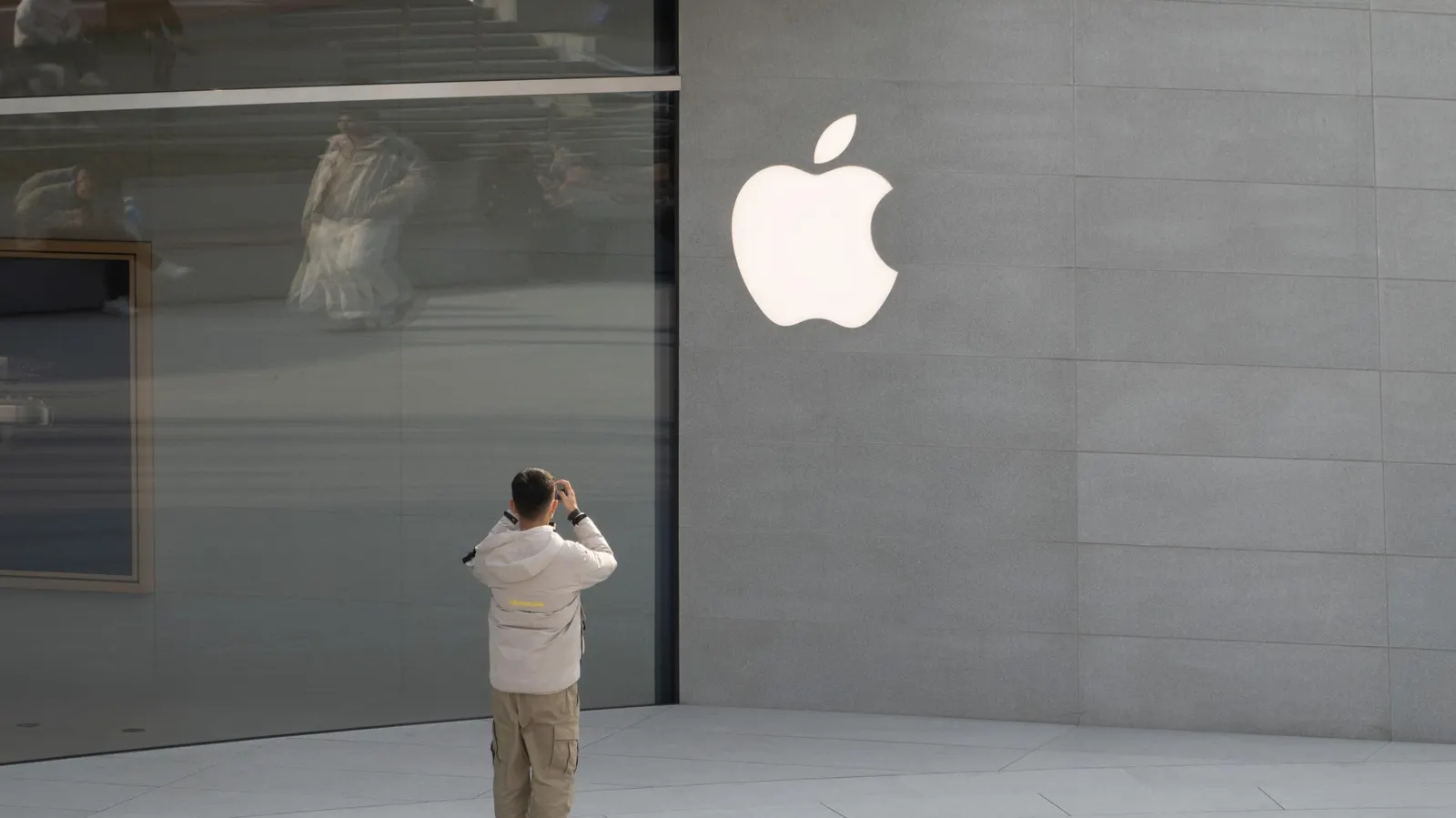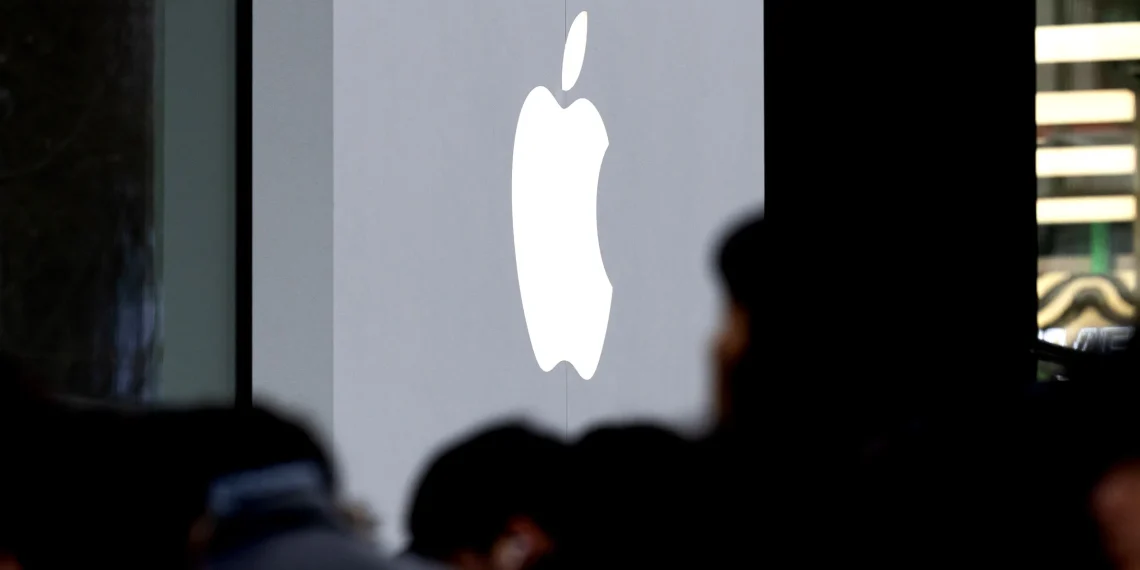The U.S. government‘s antitrust lawsuit against Apple harkens back to the 1998 case that challenged Microsoft‘s dominance in desktop software. Legal experts question the applicability of this precedent to the smartphone market.
While the lawsuit accuses Apple of unlawfully monopolizing smartphone competition, the landscape differs significantly from Microsoft’s near-monopoly on operating systems.

Allegations focus on app developer restrictions and market dominance, challenging the iPhone’s ecosystem.
Antitrust experts emphasize the necessity of proving Apple’s practices harm consumers and stifle innovation. The case targets Apple’s control over app distribution and technological advancements like messaging apps and smartwatches.
Market share comparisons between Apple and Microsoft highlight disparities in dominance. Apple’s 55% share of the North American smartphone market contrasts with Microsoft’s 95% control of desktop operating systems, presenting a unique legal challenge.

Despite similarities in accusations, legal scholars note certain distinctions. Apple’s contractual freedom and product design autonomy complicate antitrust claims, contrasting with Microsoft’s more rigid control over software installation.
Experts anticipate a tougher legal battle for the government compared to the Microsoft case. However, the lawsuit reflects a broader push for competition within the tech industry, echoing past efforts to foster innovation and consumer choice.





